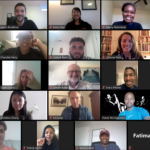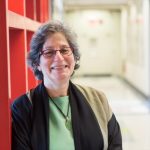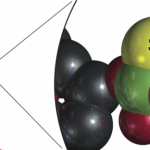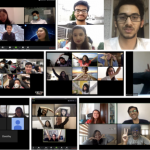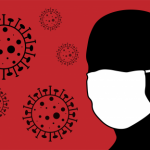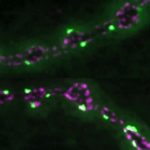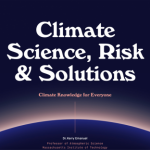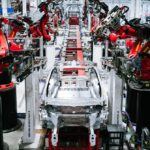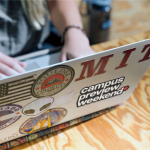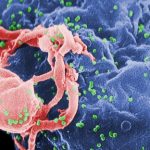MIT builds community for the Africa Takes...
It all started, like so many things recently, with a Zoom call. David Capodilupo, assistant dean for MIT Sloan Global Programs (GP); Bill Carter, award-winning filmmaker, author, teacher, and MIT consultant; and Stu Krusell, senior director at GP, were discussing what they could do to support the fight against Covid-19 in Africa. The need was immense. They talked about leveraging the vast network and resources of MIT to help those on the ground in Africa fighting the virus. The...

